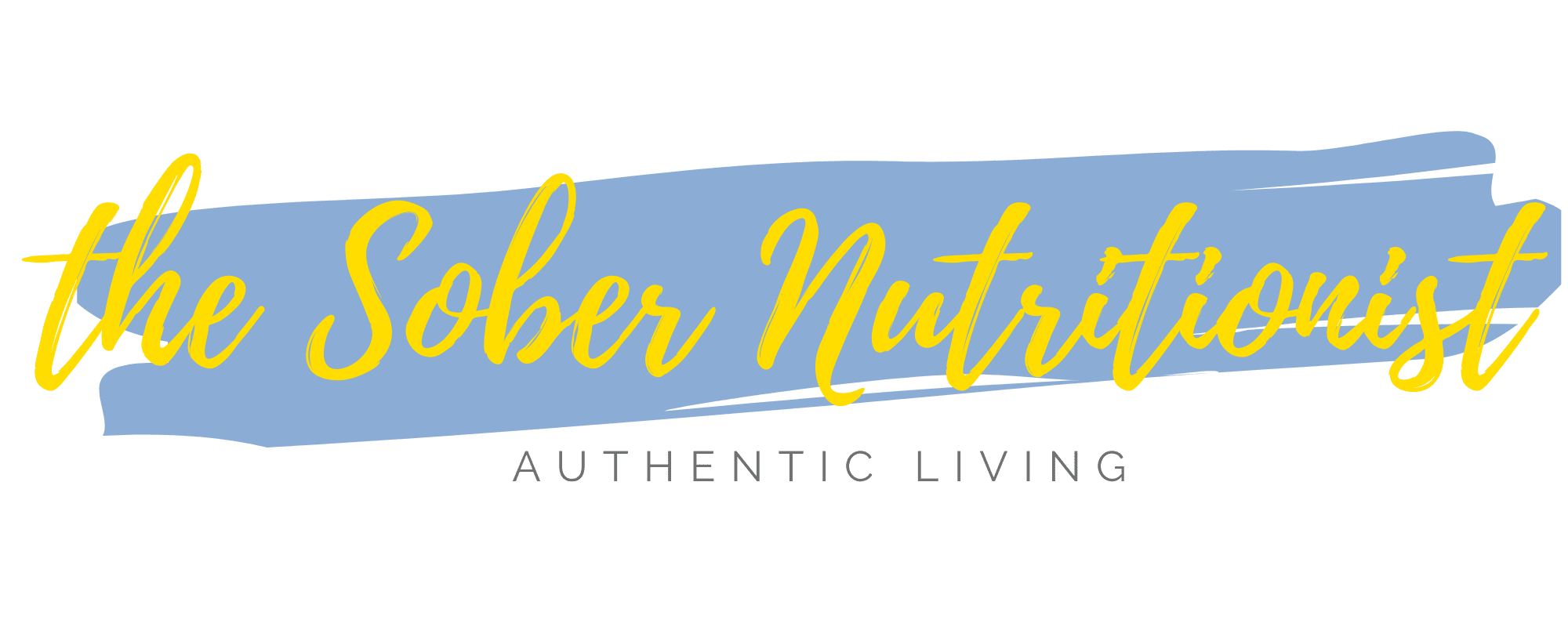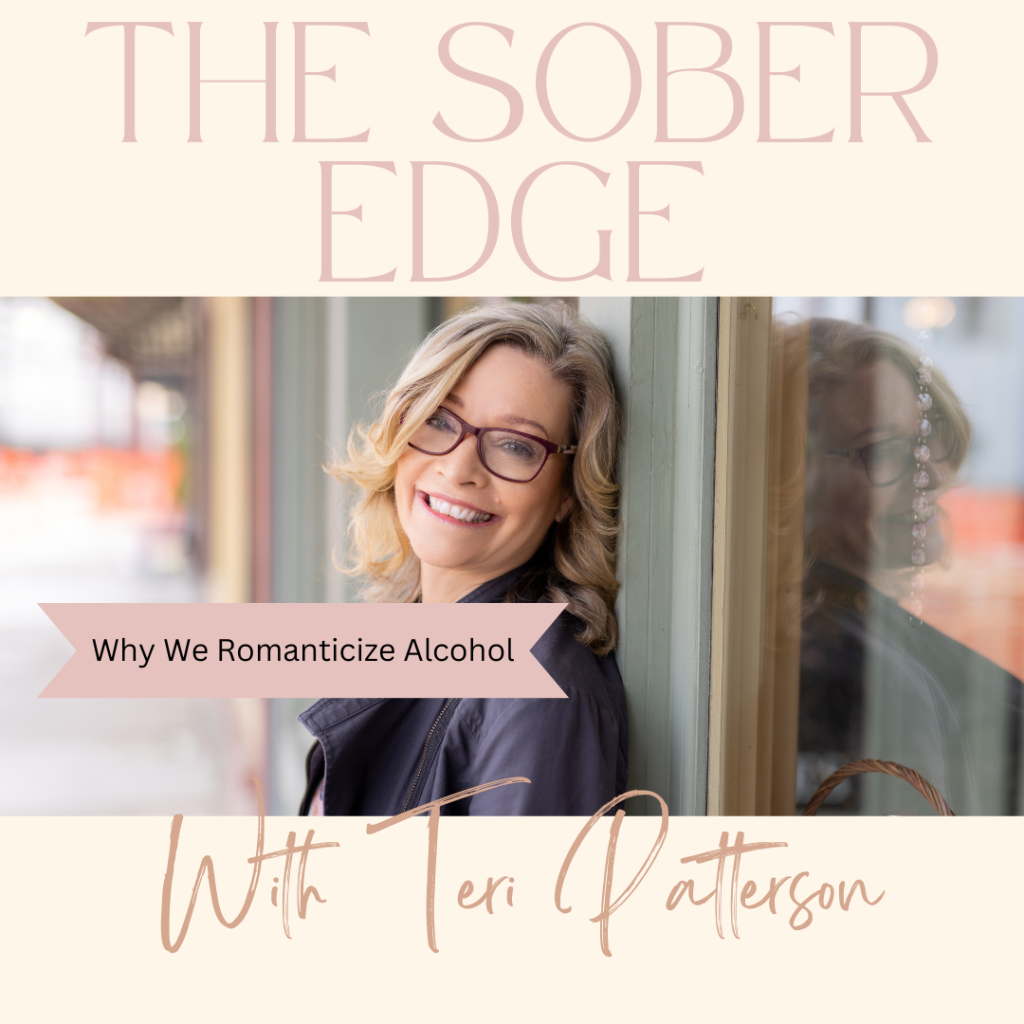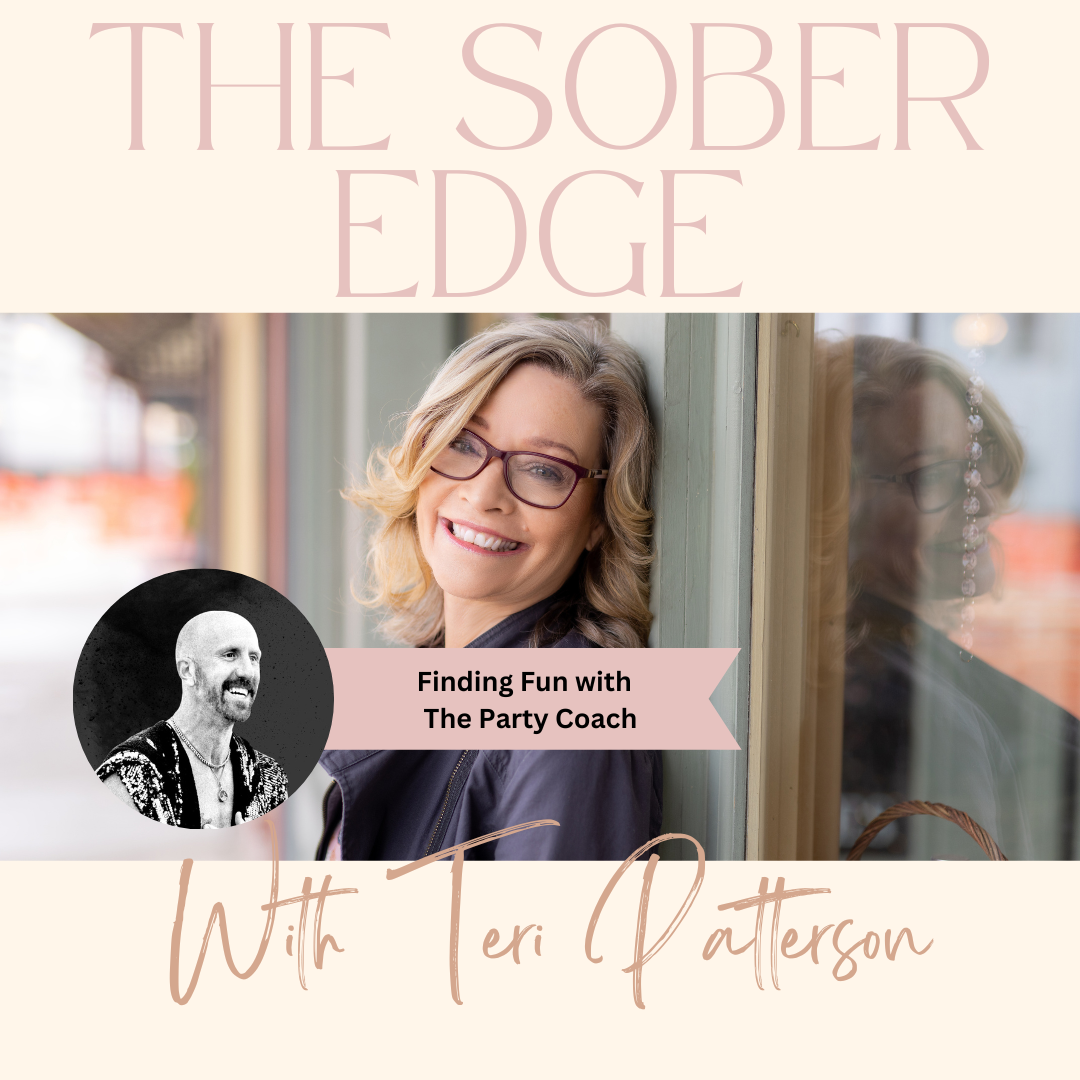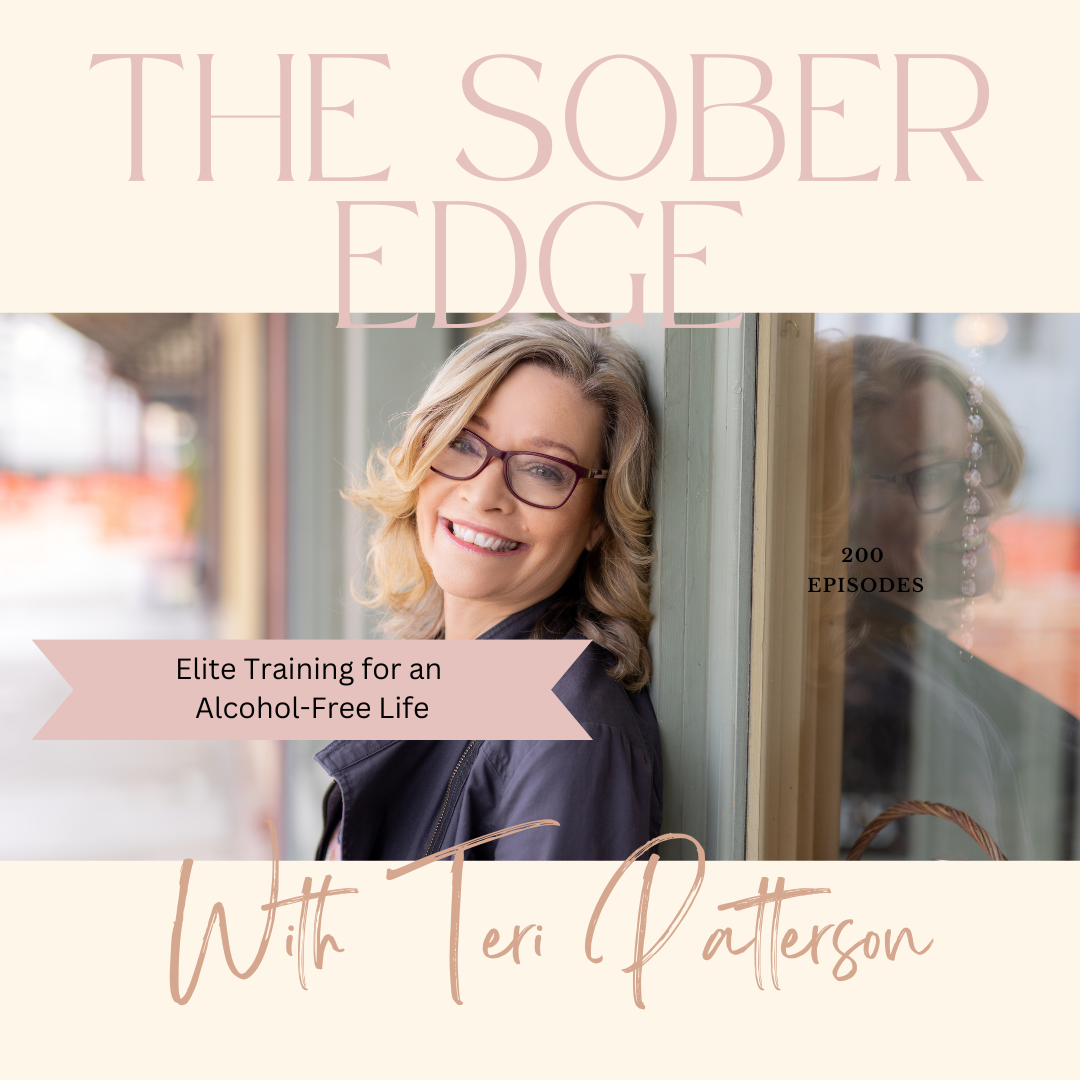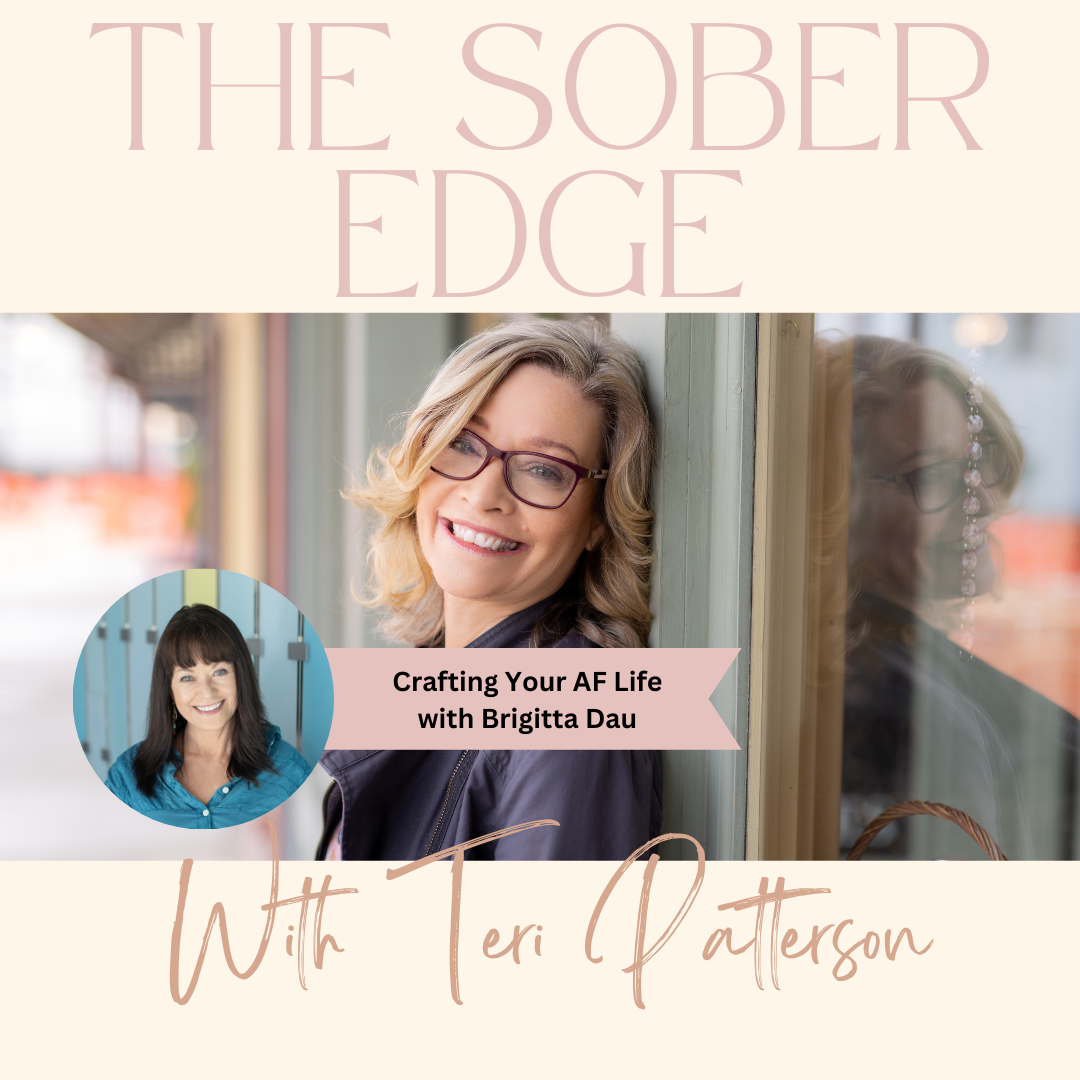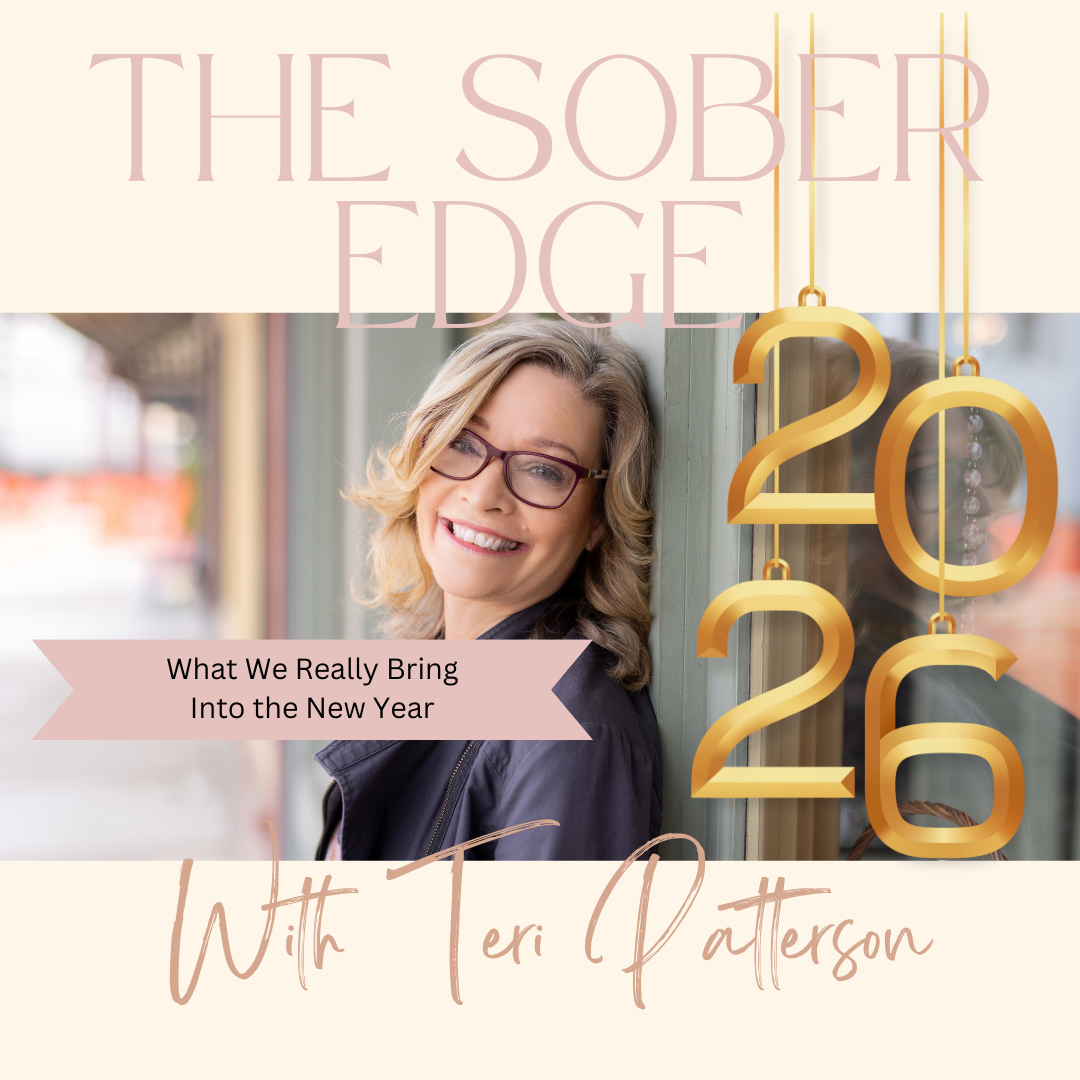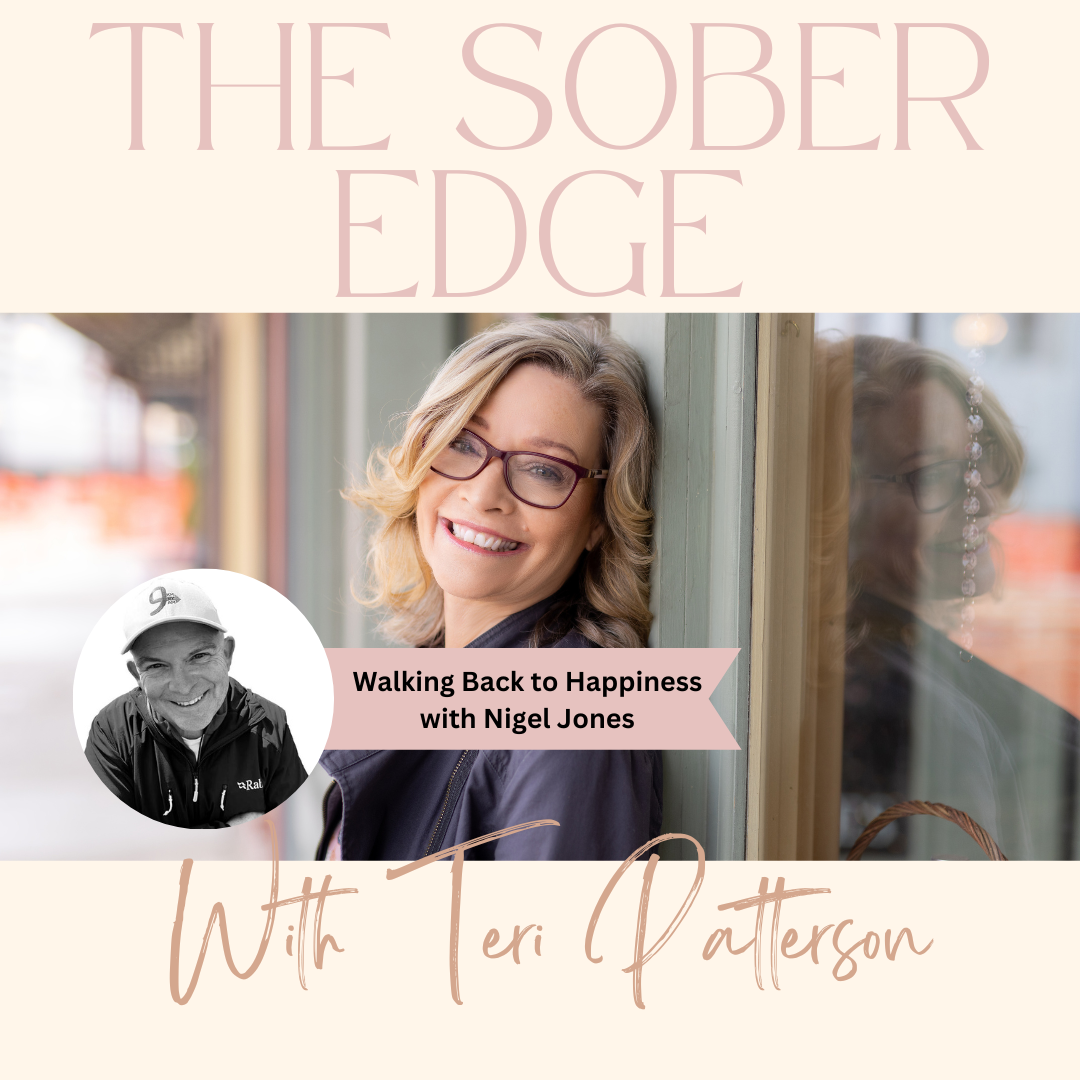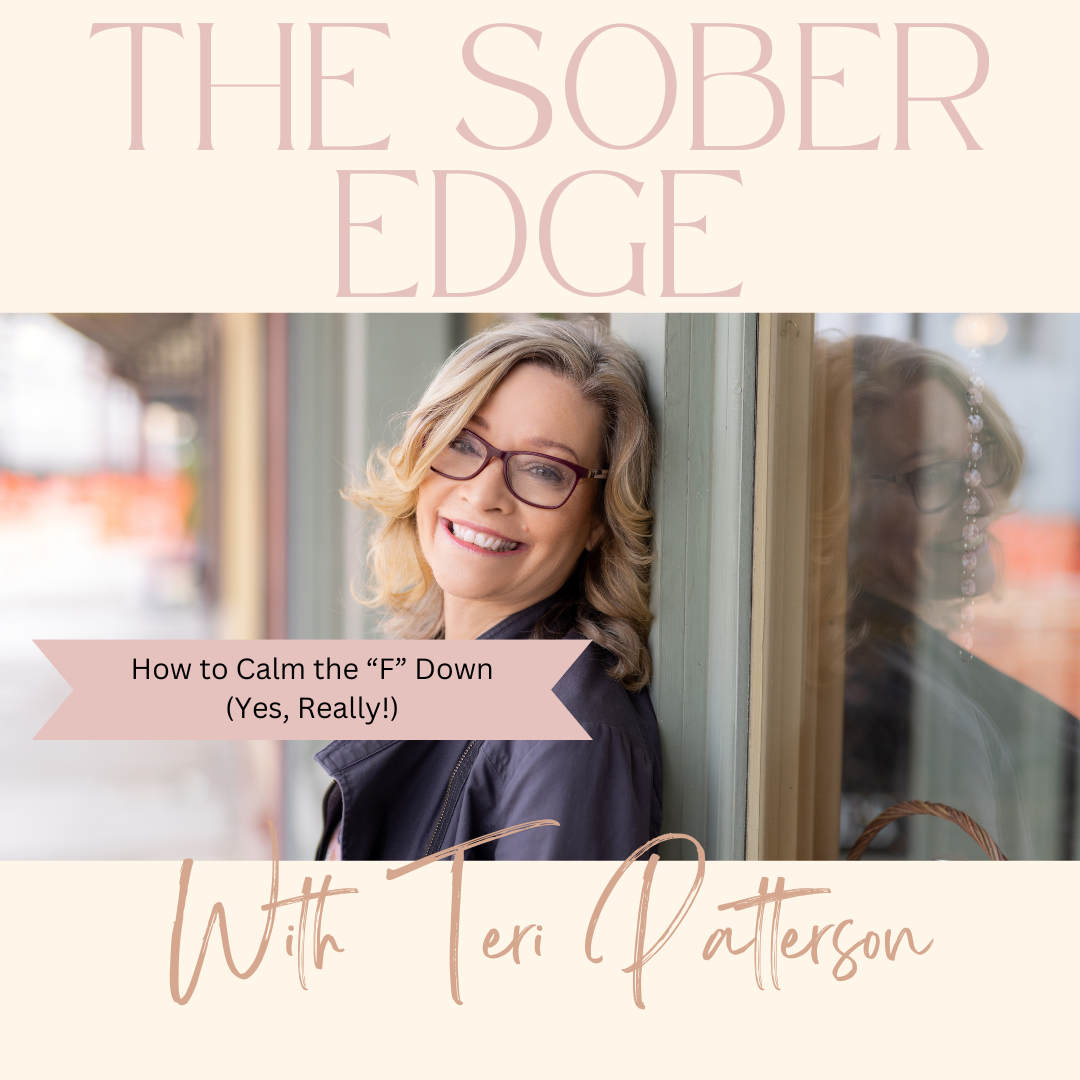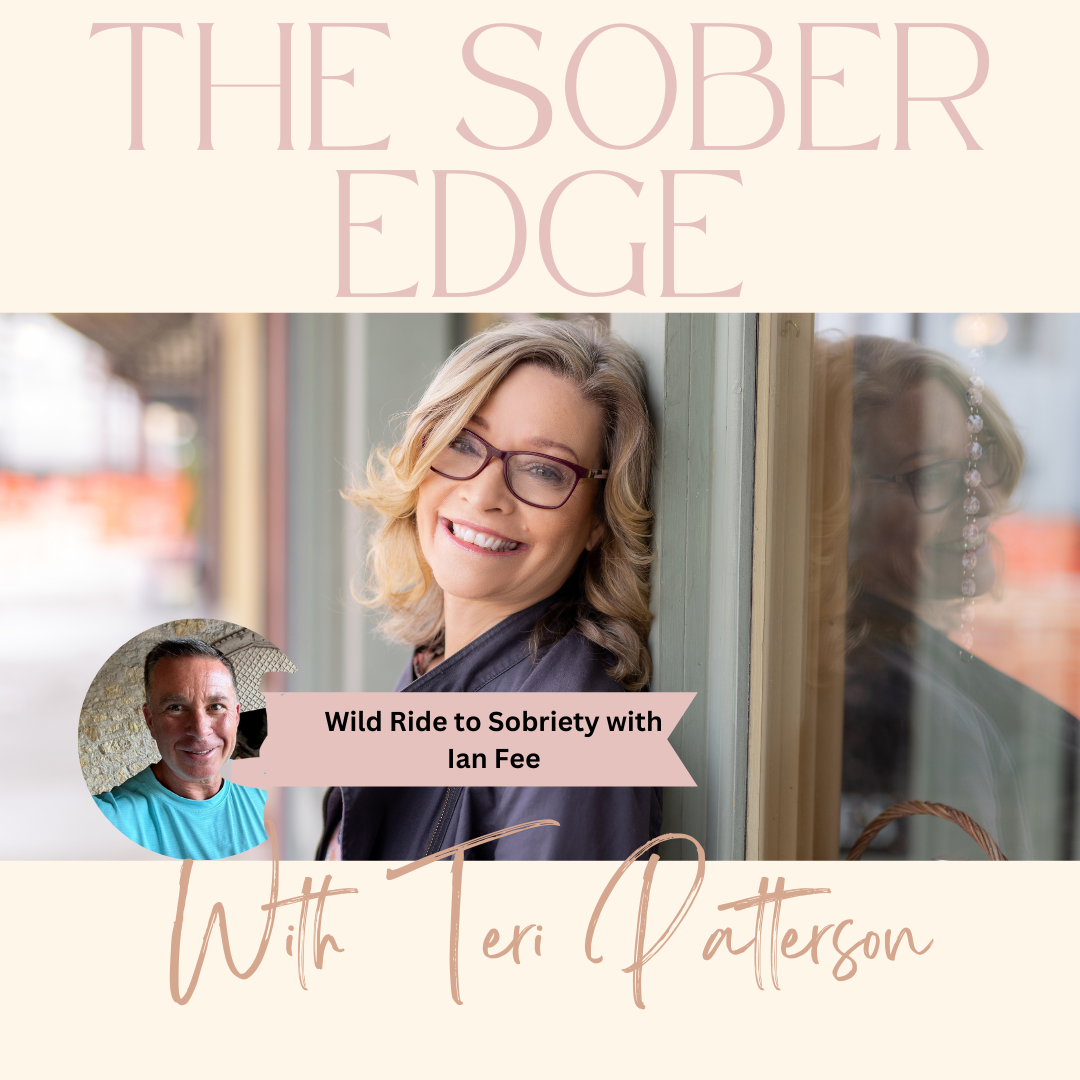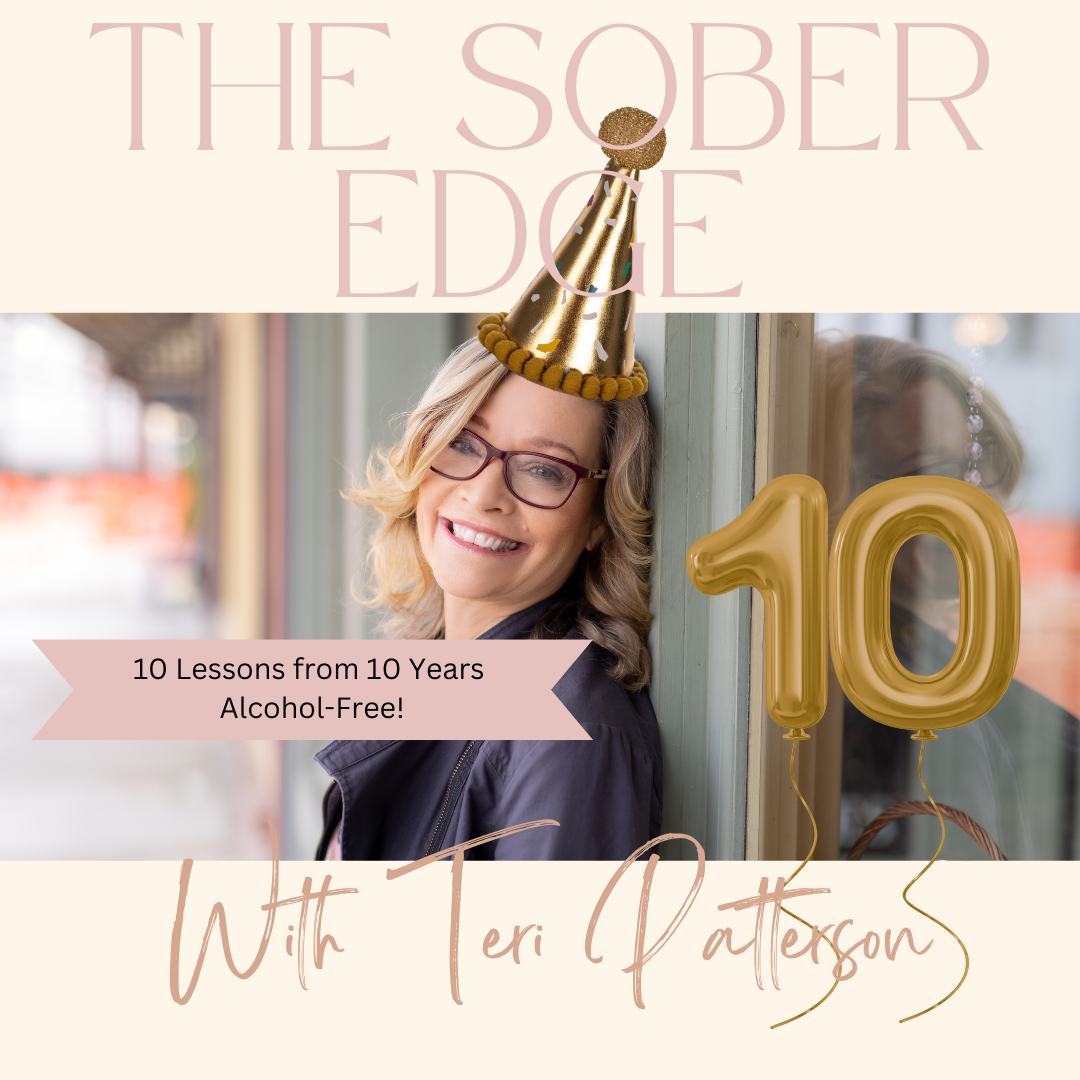For most of us, our relationship with alcohol, whether we are drinking or not, is complicated. When we find ourselves ‘romanticizing’ alcohol, it can feel confusing.For most of us, our relationship with alcohol, whether we are drinking or not, is complicated. When we find ourselves ‘romanticizing’ alcohol, it can feel confusing.
First, let’s normalize these thoughts. Longing for the past, or feeling nostalgic, is a normal emotion. It is often tied to a longing for the way we used to be or the way we used to feel. I recently had a client share that ‘nostalgia’ is one of the reasons she drinks, that longing to feel a certain way or searching for a past version of herself can lead her to desire a drink.
In this episode of The Sober Edge Podcast, I break down nostalgia and how it can lead us to the exact place my client ended up: with a desire to drink, or to a memory where alcohol seems attractive.
Here is one definition of nostalgia from ‘Atlas of The Heart’ by Brené Brown: a yearning for the way things used to be in our often idealized and self-protective version of the past.
I also used this article from Psychology Today to further breakdown how nostalgia connects us to alcohol. Here is a summary of 5 key points:
- Nostalgia is usually a yearning for our past selves, not just for a time and place. Alcohol can remind us of who we were; this can lead us to think “I was someone who drank margaritas and danced all night” vs. “I was someone less inhibited”.
-
Concrete objects or items from the past (movies, songs, collections) serve as transitional objects. A certain drink can stir up the same emotion.
-
We naturally tend to reach for nostalgia when we feel negative effects, and more specifically, loneliness. Seeing alcohol as a touchstone to our younger selves or past self means we are vulnerable to this effect.
-
The direct mechanism through which nostalgia works to improve your mood and generate positive affects is, in fact, through bolstering social bonds and increasing positive self-regard. If we have used alcohol as a way to feel connected, it means that a drink might also increase that positive association with nostalgia and nostalgia might increase our desire to drink.
-
Engaging in nostalgia helps increase our sense of meaning in life (through, you guessed it, feelings of social connectedness) and helps disrupt the link between the perceived threat to our sense of meaning and our well-being. This means that having a drink can make us feel less ‘lost’ when we feel out of our comfort zone or a threat to our sense of normal – think about Covid
This trip down memory lane that is nostalgia is not without danger; enter cautiously and ask yourself these three questions:
- Am I making alcohol the ‘star’ of this memory?
- What emotion am I actually longing for? Is it a connection; is it a younger, more innocent version of myself? Don’t give alcohol too much credit.
- Is this thought and reminiscing coming from a place of pain? If so, does that make me want to drink?
I mentioned Susan Cain in the podcast episode. She has a TEDX talk about her book “Bittersweet” that you might enjoy. You can watch it here: You can see from the Psychology Today article and the TEDX talk that nostalgia is not ‘bad’ but it can invoke deep emotions and when it comes to drinking, I believe it’s helpful to separate longing for the past from longing for alcohol.
In addition to talking about nostalgia, I shared more about T.E.A. with Teri – you can subscribe to my newsletter here, or find all the TEA with Teri videos on my Youtube channel.
